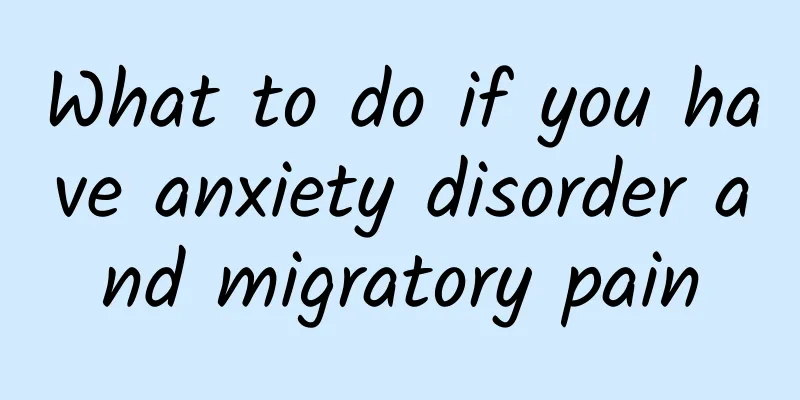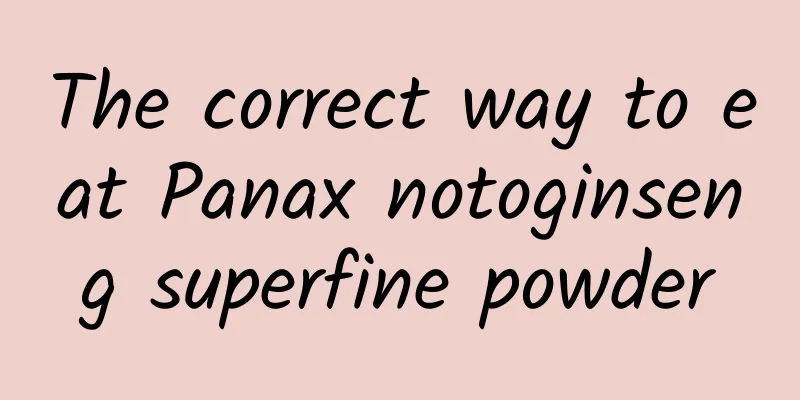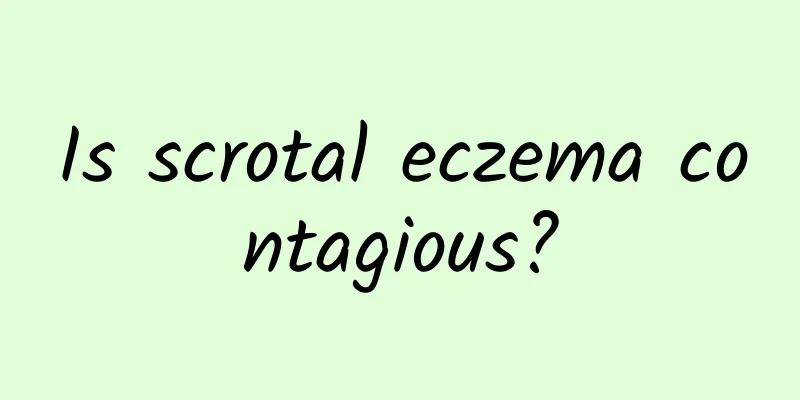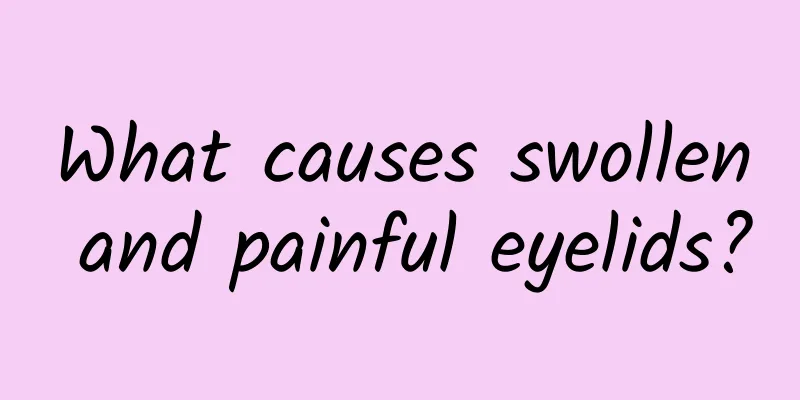What to do if you have anxiety disorder and migratory pain

|
There are many symptoms of anxiety disorder. Because psychological anxiety often leads to some physical reactions, such as migratory pain throughout the body, this shows that the anxiety disorder is relatively serious. You should consult a psychologist in time for psychological counseling. You can use some anti-anxiety drugs for treatment under the guidance of a doctor. In addition, psychoanalytic treatment is also a common treatment. How to treat anxiety disorders? 1. Psychoanalytic treatment: Psychoanalytic therapy is one of the earliest and most influential therapies in modern psychotherapy. Help people with anxiety disorders understand the root causes of their internal psychological conflicts. The treatment process is usually conducted in a warm, quiet room. The patient lies on a comfortable sofa bed or chair, facing the ceiling. The therapist sits behind the patient and asks the patient to focus on his memories. Treatment is required 3 to 5 times a week, each time taking 40 to 50 minutes. The entire treatment course can be as short as 3 months to 6 months, or as long as 2 to 3 years or even longer. 2. Systematic desensitization treatment: Systematic desensitization is a relaxation-based method to eliminate anxiety. It consists of three parts: muscle relaxation; anxiety gradient table; and pairing anxious situations with muscle relaxation in an imaginative way. In actual application, first determine the level of your emotional distress; then learn various relaxation methods; then perform relaxation training from low to high according to different anxiety levels, imagine the scenarios that are least likely to cause tension, and achieve the effect of desensitization through the relaxation process until anxiety is eliminated. Then move towards a higher level of anxiety and gradually adapt to the situations caused by anxiety. 3. Cognitive behavioral therapy: The manifestations and treatments of anxiety disorders vary depending on the patient's specific symptoms. (1) Behavioral therapy techniques, whose main function is to find out which key factors in the situation cause the patient's anxiety symptoms. The doctor then uses a technique called "systematic desensitization" to reduce the patient's anxiety about these specific factors. (2) If the patient's anxiety symptoms are independent of any specific situation, that is, they are not specifically related to a particular environment, the doctor will use "relaxation training" to reduce the patient's overall tension level. (3) Since anxiety patients often show a sense of helplessness, the therapist will help the patient learn useful skills (such as social techniques and direct speaking techniques) to increase the patient's confidence in facing various situations. |
<<: What to do about premenstrual anxiety
>>: Anshen Buxin Pills for Treating Anxiety Disorders
Recommend
Treatment for mumps
Speaking of mumps, some friends may not know what...
How to remove corns
Corns are mostly caused by long-term friction. Af...
The effect of feeding pigeons with pepper seeds
The turn of summer and autumn is the perfect time...
What are the benefits of licorice lotus seed heart
Lotus seed core is not unfamiliar to many people....
What is the problem of menstruation in the 60s?
If a woman in her 60s suddenly experiences vagina...
What organs are near the appendix?
Many people think that the appendix organ in our ...
Can aloe vera gel remove red marks?
In our lives, acne is a relatively familiar skin ...
What impact does filming have on children?
The rapid development of modern medical technology...
What are the dangers of eating persimmons on an empty stomach?
In winter, people often eat persimmons, which are ...
Side effects of Brucea javanica
Brucea javanica is a Chinese herbal medicine. It ...
How to correct and treat enlarged ankle bone
The symptoms of enlarged malleolus are actually t...
The harm of taking stomach medicine for a long time
Many patients with stomach problems take stomach ...
What should I do if my left eyelid keeps twitching?
Eyelid twitching is a very common thing in our li...
What to do with hemorrhoid polyps? Several ways to say goodbye to hemorrhoid polyps
Anal polyps are a type of hemorrhoids. Anal polyp...
What are the best pillows for sleeping?
With the development of the electronics industry,...









